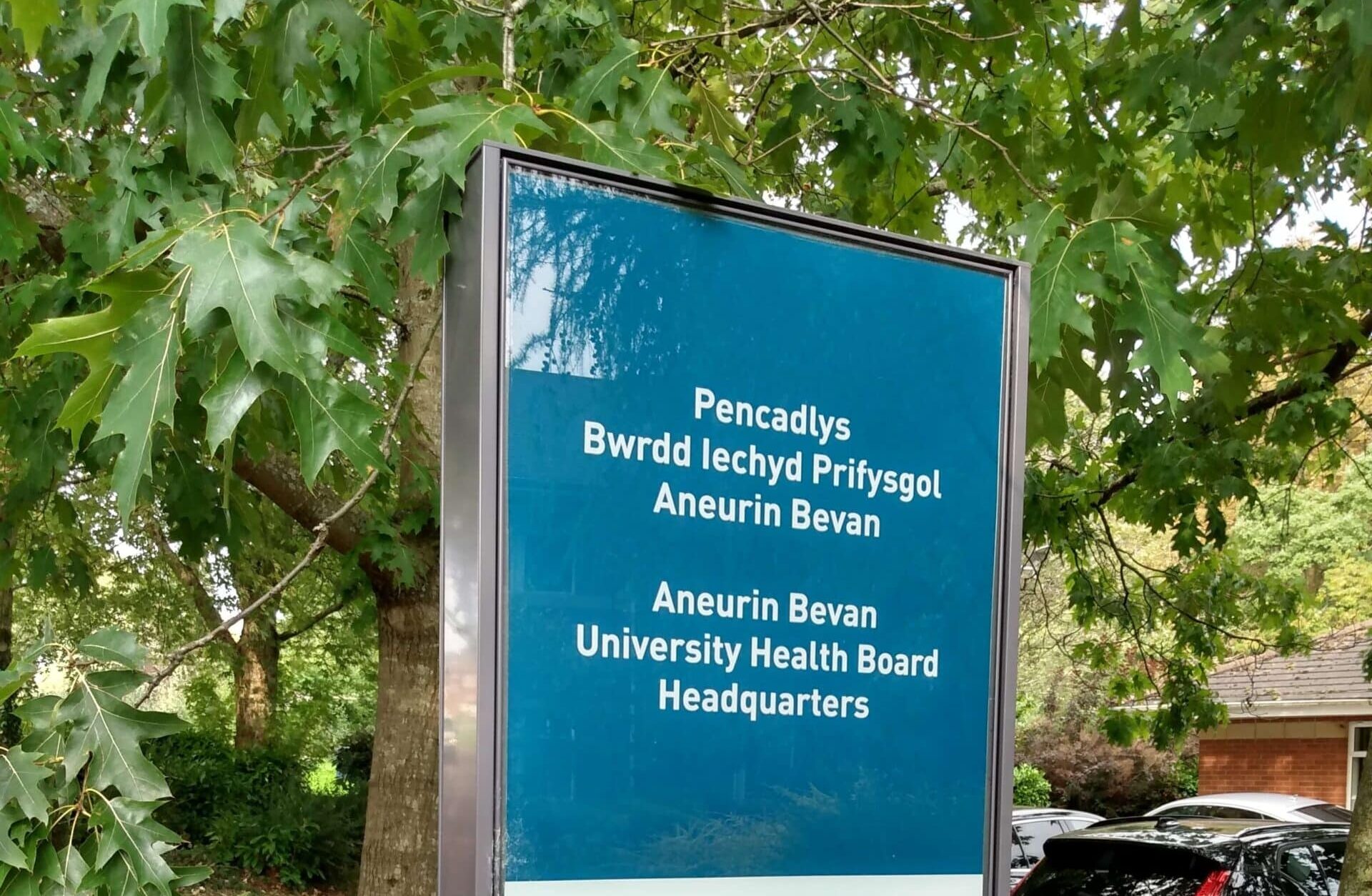A senior doctor has warned the National Health Service “will not survive if we let our hospitals become nursing homes”.
Gwent’s health board has vowed to ramp up efforts to get people out of hospital beds and discharged to their own homes, amid fears of overcrowded wards this winter. But patients’ families have also been urged to step up and “support” the NHS by playing a part in post-hospital care. This week, Aneurin Bevan University Health Board announced hundreds of patients who “no longer need care” were stuck in hospital beds – equivalent to 80% of the region’s community hospitals’ ward capacity. Patient flow problems have long been blamed for queues at hospital doors, compounding pressures caused by a backlog of treatments from the Covid-19 pandemic.
And ahead of the winter, when hospitals tend to be at their busiest, the health board’s deputy medical director said the NHS had to act now to avoid a crisis. “The unfortunate reality is that if we don’t take action now, the resultant overcrowding in the hospital bed base will impact on the safety of the patient care we can deliver,” said Dr Andy Bagwell. “Hospital care has to be reserved for those who are unwell. As soon as hospital care is no longer required, the safest and best place for a patient is to be at home or in appropriate residential care. We will need the support of families to help these patients leave – if patients are medically fit to leave hospital then they will be discharged, and family members may need to be asked to provide input until a package of care becomes available.”
At the health board’s annual general meeting on September 27, Caerphilly County Borough councillor Marina Chacon-Dawson asked what specific work was being done to avoid delayed transfers of care. Jennifer Winslade, the health board’s executive director of nursing, said a “discharge improvement board” had been set up and was working with councils to improve the process of returning patients to their homes.
A pilot scheme for a team called Hospital to Home means the NHS will be able to “support and assess” patients “within their home environment”.
“It means it’s an environment where they feel comfortable, where they are familiar with their surroundings, and therefore it’s a more realistic assessment of need,” Ms Winslade explained.
“The early indications from the pilot are that it has been very successful. We’ll be looking to roll that out with local authority colleagues over the coming weeks and months.” She added: “It is in nobody’s interests for patients to be discharged in a hospital setting. We know there is an impact in terms of deconditioning, which is when patients become used to being cared for in that environment. We know there are impacts on mobility, with some significant evidence of things like muscle loss.”
As well as blocking beds and causing such health and dependency complications for patients, delayed transfers of care could end up landing the health board with millions of pounds in extra costs – something it can ill-afford given recent news it had overspent by £36 million on running services in the past three years.
“The NHS will not survive if we let our hospitals become nursing homes,” Dr Bagwell said. “These patient flow difficulties are causing longer waits for patients who are seriously unwell and urgently need our help. Ultimately, for a better standard of care, shorter waiting times, and for the NHS to survive, then our local population need to choose the right services for their needs and look after family members who need to be discharged from hospital.”

